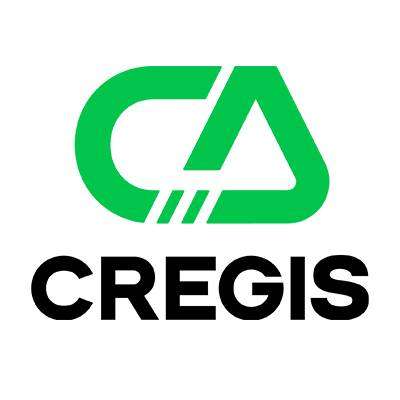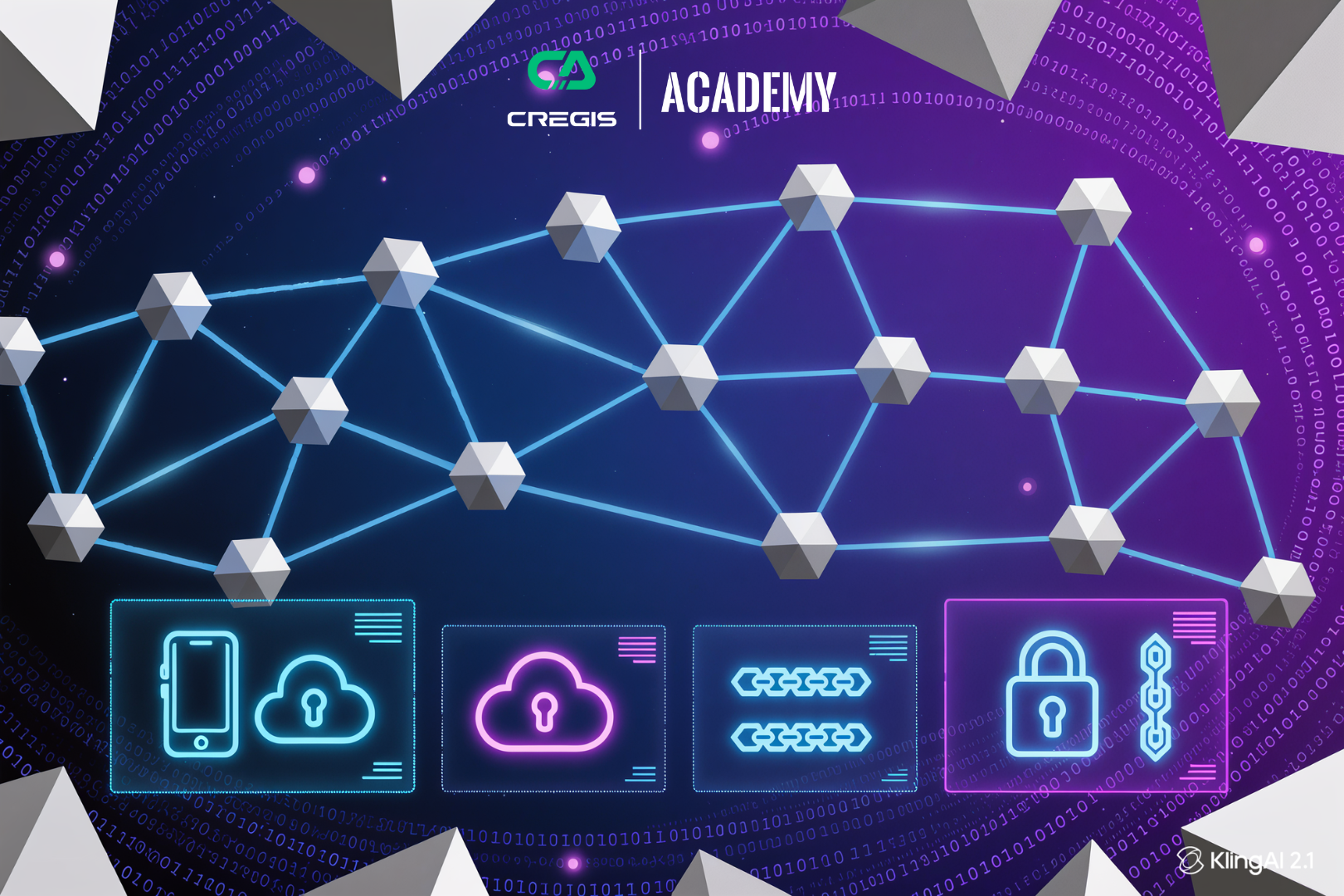In recent years, decentralized applications—or dApps—have emerged as one of the most exciting developments in blockchain technology. By removing central authorities from the equation, dApps promise to reshape how we interact, transact, and share information online.
But what exactly are they? How do they work? And what opportunities and challenges do they bring?
What Are Decentralized Applications (dApps)?
Unlike traditional apps that run on centralized servers owned by a single company, dApps run on blockchain or peer-to-peer (P2P) networks. This means no single entity controls them—users collectively maintain and govern the application.
They are often built on Ethereum, the most popular platform for dApp development, but other blockchains like Solana, Polkadot, and Avalanche also support them.
Examples of popular dApps include:
- MetaMask (cryptocurrency wallet)
- Uniswap (decentralized exchange)
- CryptoKitties (blockchain-based game)
How Do dApps Work?
At their core, dApps rely on smart contracts—self-executing code stored on a blockchain that automates transactions when certain conditions are met.
Here’s how they differ from traditional apps:
- Centralized Apps: Operate on private servers owned by one company (e.g., Uber, Facebook).
- Decentralized Apps: Operate on a distributed network, with transactions validated and stored on a blockchain.
Because dApps are open source, anyone can inspect the code, suggest improvements, or fork the project to create a new version.
Key Benefits of dApps
1. Privacy Protection
Users don’t need to share personal data with a central authority—transactions are tied to blockchain addresses, not personal identities.
2. Censorship Resistance
No single party can block, delete, or alter content, making dApps appealing to free-speech advocates.
3. Global Accessibility
Anyone with internet access can use a dApp, regardless of their location or financial status.
4. Transparency
All transactions are publicly recorded on the blockchain, ensuring accountability and trust.
Risks and Challenges of dApps
While dApps hold great promise, they also come with challenges:
- Scalability Issues — Blockchains can become congested, slowing transaction speeds.
- User Experience — Many dApps are not yet as intuitive as centralized apps.
- Security Risks — Poorly written smart contracts can be exploited by hackers.
- Regulatory Uncertainty — Governments are still determining how to regulate blockchain-based services.
In fact, DappRadar reported that in 2022 alone, vulnerabilities in dApps led to over $48 billion in losses. While that figure dropped sharply in 2023, hacks and phishing scams remain a concern.
Real-World Use Cases of dApps
Beyond cryptocurrency trading, dApps are transforming multiple industries:
- Finance: Peer-to-peer lending, decentralized exchanges.
- Supply Chain: Tracking goods with full transparency.
- Identity Verification: Secure, blockchain-based ID systems.
- Healthcare: Safe storage of medical records.
- Gaming: Play-to-earn models that reward players in crypto.
The Bottom Line
dApps are a fundamental shift in how we think about applications—moving from centralized control to community governance. They offer privacy, transparency, and global access, but also face adoption, security, and regulatory hurdles.
As blockchain technology evolves, dApps could become as common as the apps on your phone today—only without the middlemen.
About Cregis
Founded in 2017, Cregis is a global leader in enterprise-grade digital asset infrastructure, providing secure, scalable and efficient management solutions for institutional clients.
Built to solve the challenges of fragmented blockchain systems and asset security risks, Cregis delivers MPC-based self-custody wallets, WaaS solutions, and Payment Engine, featuring collaborative asset control and a compliance-ready ecosystem.
To date, Cregis has served over 3,500 institutional clients globally. Our solutions empower exchanges, fintech platforms, and Web3 enterprises to adopt blockchain technology with confidence. Backed by years of proven expertise in blockchain and security, Cregis helps businesses accelerate their Web3 transformation and unlock global digital asset opportunities.

